How to Stop Tooth Grinding Naturally: Effective Methods and Tips
- 1. What is Tooth Grinding?
- 2. Common Causes of Tooth Grinding
- 3. How to Stop Tooth Grinding Naturally
- 4. Additional Steps to Prevent Tooth Grinding
- 5. Products to Help Reduce Tooth Grinding
1. What is Tooth Grinding?
Tooth grinding, also known as bruxism, is the involuntary or habitual grinding or clenching of your teeth. It often occurs during sleep, but some individuals may also grind their teeth during the day due to stress, anxiety, or other factors. Over time, tooth grinding can lead to significant dental damage, including worn enamel, chipped teeth, and jaw pain. It's important to address the issue early on to prevent long-term damage to your oral health.
2. Common Causes of Tooth Grinding
Understanding the causes of tooth grinding is essential in determining how to stop it naturally. Several factors contribute to this habit:
Stress and Anxiety
Emotional stress is one of the most common triggers of tooth grinding. Individuals who are dealing with anxiety or high-stress levels may unknowingly grind their teeth as a way to cope with tension.
Sleep Disorders
Conditions such as sleep apnea or insomnia can increase the likelihood of grinding your teeth at night. These disorders disrupt sleep patterns and may lead to involuntary teeth clenching.
Misaligned Teeth
Tooth misalignment or an uneven bite can also cause bruxism. When your teeth don't align properly, your body may instinctively grind or clench them to try and correct the alignment during sleep or while awake.
3. How to Stop Tooth Grinding Naturally
If you’re looking to stop tooth grinding naturally, there are several effective methods to consider. These techniques help reduce stress, improve sleep quality, and address any underlying issues:
Relaxation Techniques
One of the most effective ways to stop tooth grinding is by reducing stress. Incorporating relaxation techniques such as deep breathing exercises, yoga, or meditation into your daily routine can help alleviate the tension that often leads to bruxism.
Warm Compresses for Jaw Relief
Applying a warm compress to your jaw before bedtime can help relax the muscles and reduce the tension that contributes to tooth grinding. Simply use a warm towel or heating pad and apply it gently to your jaw area for a few minutes before sleeping.
Massage and Jaw Exercises
Gentle massage of the jaw muscles and regular jaw exercises can help relieve muscle tension and prevent teeth grinding. Try massaging your jawline with your fingers, or perform simple jaw stretching exercises to ease discomfort.
Avoid Stimulants Before Bedtime
Consuming stimulants such as caffeine or nicotine close to bedtime can increase the chances of tooth grinding. Try to limit your intake of these substances, especially in the evening, to promote better sleep and reduce bruxism.
4. Additional Steps to Prevent Tooth Grinding
In addition to natural remedies, certain lifestyle adjustments can help prevent tooth grinding:
Maintain a Healthy Sleep Routine
Establishing a regular sleep schedule is key to reducing teeth grinding. Aim for 7-9 hours of sleep each night and create a calming bedtime routine to improve your sleep quality. Sleep disorders like insomnia or apnea should be addressed with professional help.
Address Misaligned Teeth
If tooth misalignment is contributing to your bruxism, visiting a dentist or orthodontist can help. They may recommend treatments like braces or nightguards to correct the alignment and prevent teeth grinding.
Reduce Stress During the Day
Managing stress during the day can help minimize its impact on your teeth grinding at night. Consider adopting daily stress-management practices, such as regular exercise, hobbies, or spending time in nature, to help keep anxiety at bay.
5. Products to Help Reduce Tooth Grinding
Several products can be used to alleviate the effects of tooth grinding, including:
Custom Night Guards
A custom night guard, made by a dentist, fits your mouth perfectly and helps protect your teeth from the damage caused by grinding. It also helps to alleviate the pressure on your jaw muscles and reduce discomfort.
Orthotic Appliances
Orthotic appliances are designed to help realign your bite and reduce grinding. These devices can be worn during sleep to help prevent bruxism caused by misalignment of your teeth.
Jaw Relaxation Products
Some over-the-counter products, such as jaw relaxation devices or topical creams, can help relieve muscle tension and provide comfort to the jaw. These can be used in conjunction with natural remedies for added relief.
If you’re looking for effective products to help with tooth grinding, visit Dentistry Toothtruth for trusted recommendations and solutions.

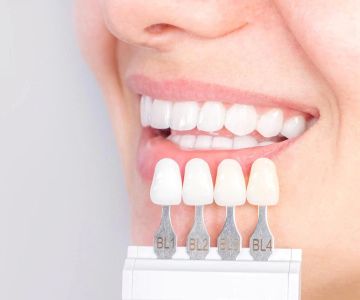

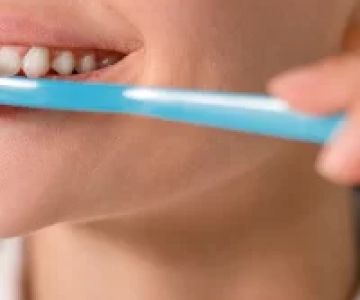
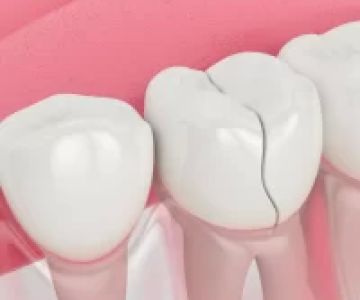
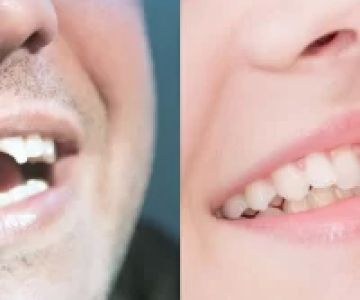
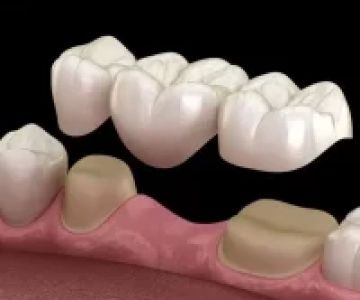
 Westgate Dental Arts
Westgate Dental Arts Coventry Family Dental
Coventry Family Dental Familia Dental
Familia Dental Dr. Daniel S. Fife, DDS
Dr. Daniel S. Fife, DDS Dentistry At Suburban Square: Michael I. Wollock, DMD
Dentistry At Suburban Square: Michael I. Wollock, DMD Comfort Care Dental
Comfort Care Dental The Importance of Oral Health Education During Pregnancy for a Healthy Pregnancy
The Importance of Oral Health Education During Pregnancy for a Healthy Pregnancy Why Skipping Dental Checkups Can Lead to Bigger Oral Health Problems
Why Skipping Dental Checkups Can Lead to Bigger Oral Health Problems Advantages of Porcelain Dental Restorations
Advantages of Porcelain Dental Restorations Best Tips for Brushing Your Teeth Properly for Healthy Gums: Essential Techniques for Oral Health
Best Tips for Brushing Your Teeth Properly for Healthy Gums: Essential Techniques for Oral Health How Can Diabetes Cause Tooth and Gum Problems? Preventing and Managing Oral Health Issues
How Can Diabetes Cause Tooth and Gum Problems? Preventing and Managing Oral Health Issues Healthy Habits for Promoting Good Oral Health and Hygiene: Tips for a Healthy Smile
Healthy Habits for Promoting Good Oral Health and Hygiene: Tips for a Healthy Smile